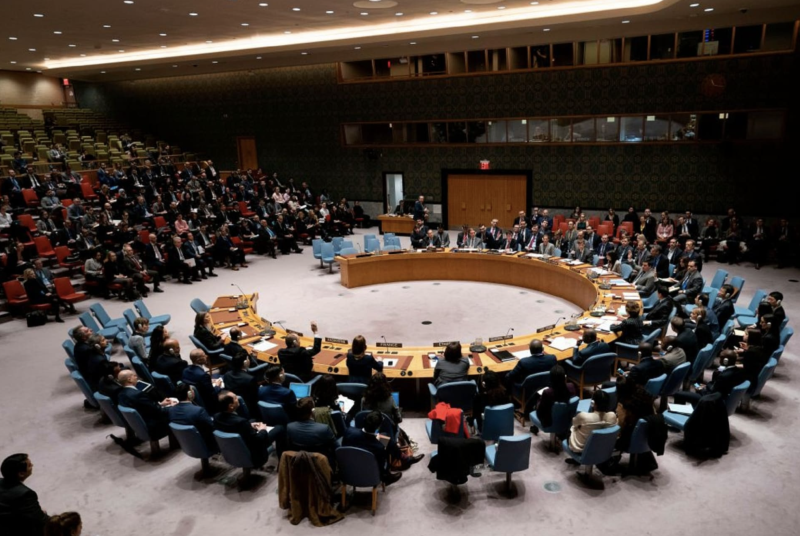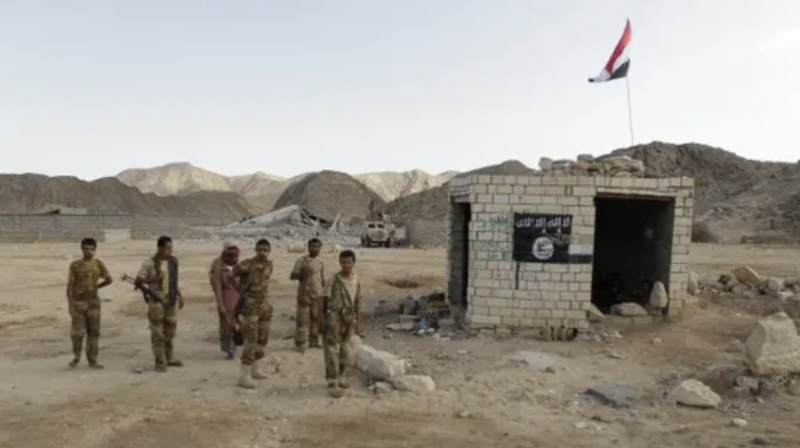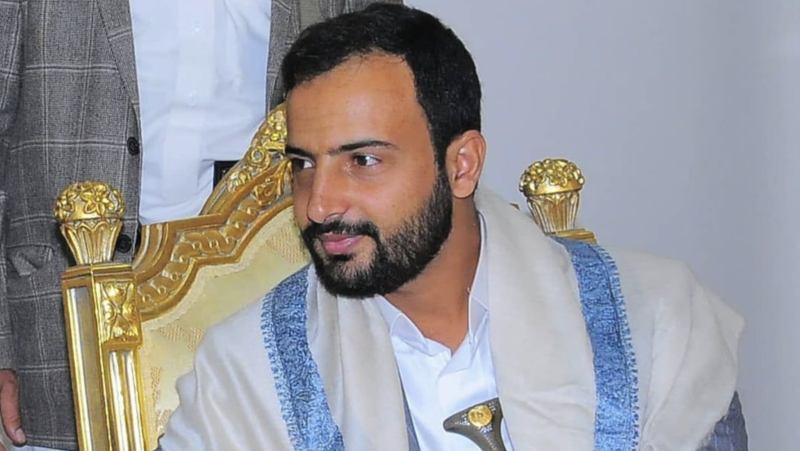US opposes ditching support for Saudi-led coalition in Yemen


The United States strongly opposes discontinuing support to the Saudi-led coalition in Yemen's war and will remain engaged in efforts to combat Iranian influence and Islamist militancy in the Arab state, a State Department official has said.
The US administration has come under pressure at home over the nearly four-year-old conflict that has pushed Yemen to the brink of starvation since the 2 October murder of Washington Post columnist Jamal Khashoggi at the kingdom's Istanbul consulate.
The Senate last month voted to advance a resolution to end US military support, which includes arms sales and intelligence sharing, for the Western-backed Sunni Muslim coalition that intervened in 2015 against the Iranian-aligned Houthis to restore the internationally recognised government.
"Obviously there are pressures in our system... to either withdraw from the conflict or discontinue our support of the coalition, which we are strongly opposed to on the administration side," said Timothy Lenderking, Deputy Assistant Secretary for Arabian Gulf Affairs.
powered by Rubicon Project
"We do believe that the support for the coalition is necessary. It sends a wrong message if we discontinue our support," he told a security forum in the United Arab Emirates.
The United States last month halted U.S. refuelling of aircraft from the coalition, which has been blamed for airstrikes that have killed thousands of civilians in Yemen.
Mr Lenderking said UN-sponsored peace talks between thewarring parties that started last week in Sweden, the first in two years, were a "vital first step" in ending the conflict that has killed tens of thousands of people.
"Looking down the road we seek a stable and unified Yemen that fosters rather than drains regional and global stability."
"There is no place in a future Yemen for an Iranian-backed threat to Saudi Arabia, the United Arab Emirates and vital international economic quarters," he said, adding that the coalition was also combating al Qaeda and Islamic State militants in Yemen.
The Arabian Peninsula country lies beside the southern mouth of the Red Sea, one of the most important trade routes in the world for oil tankers.
The conflict, seen largely in the region as a proxy war between Riyadh and Tehran, pits the Houthi movement against other Yemeni forces loyal to the government of Abd-Rabbu Mansour Hadi backed by the coalition led by Saudi Arabia and the UAE.
The Houthis, who have fired missiles on Saudi cities,control the capital Sanaa, after ousting Hadi's government from there in 2014, and the most populous areas of the country. Hadi's government has a base in the southern port of Aden.
AFP.

NewYork -- The United Nations Security Council has urged all parties in Yemen to de-escalate tensions and intensify diplomatic efforts to end the c…

Marib — A senior al-Qaeda commander was killed Tuesday in a suspected U.S. drone strike in Yemen’s northern province of Mareb, accordin…

London — The United Kingdom has announced new sanctions targeting Hussein al-Houthi, son of Abdulmalik al-Houthi, leader of the Houthi militi…